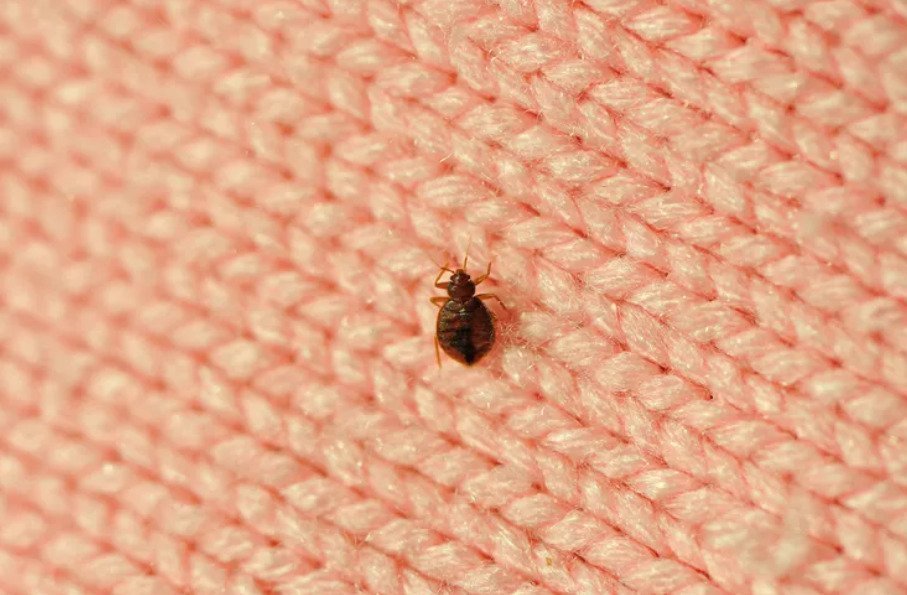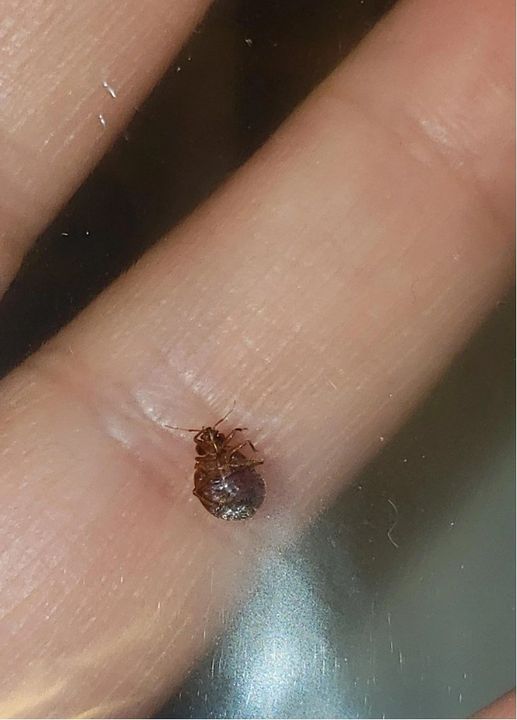Understanding Bedbugs
If you’ve encountered bedbugs, you’re familiar with the havoc they wreak. These tiny pests, feeding on blood, can transform your sleep into a restless ordeal
Identification and Signs
Bedbugs, resembling flat, reddish-brown ovals, thrive in secrecy, often evading detection until too late. They commonly inhabit bedding areas, leaving behind reddish-brown bugs, white eggs, and dark spots on sheets or mattresses. Itchy welts may also indicate their presence.
Effective Removal Strategies
Thoroughness is key to eliminating bedbugs. Begin by decluttering your surroundings, focusing on bedding. Laundering items on high heat and vacuuming with a HEPA filter can aid in removal. For severe infestations, professional intervention may be necessary.
Immediate Solutions
For instant relief, consider diatomaceous earth, a natural desiccant, or steam cleaning to eradicate bedbugs on contact. Exercise caution with insecticides, following instructions diligently.

Prevention and Causes
Understanding how bedbugs infest spaces—often hitchhiking from hotels, public transit, or secondhand furniture—can aid in prevention. Vigilance and preventive measures while traveling or acquiring used items are crucial.
Post-Infestation Actions
If you’ve inadvertently slept in a bedbug-infested environment, promptly wash and dry clothes on high heat, inspect belongings, and monitor for unusual bites.
Cautionary Notes
Addressing bedbug infestations demands patience and persistence. Avoid excessive pesticide use, prioritizing health safety. Thoroughness is key to effective control, ensuring peaceful nights and skin in the long run.

